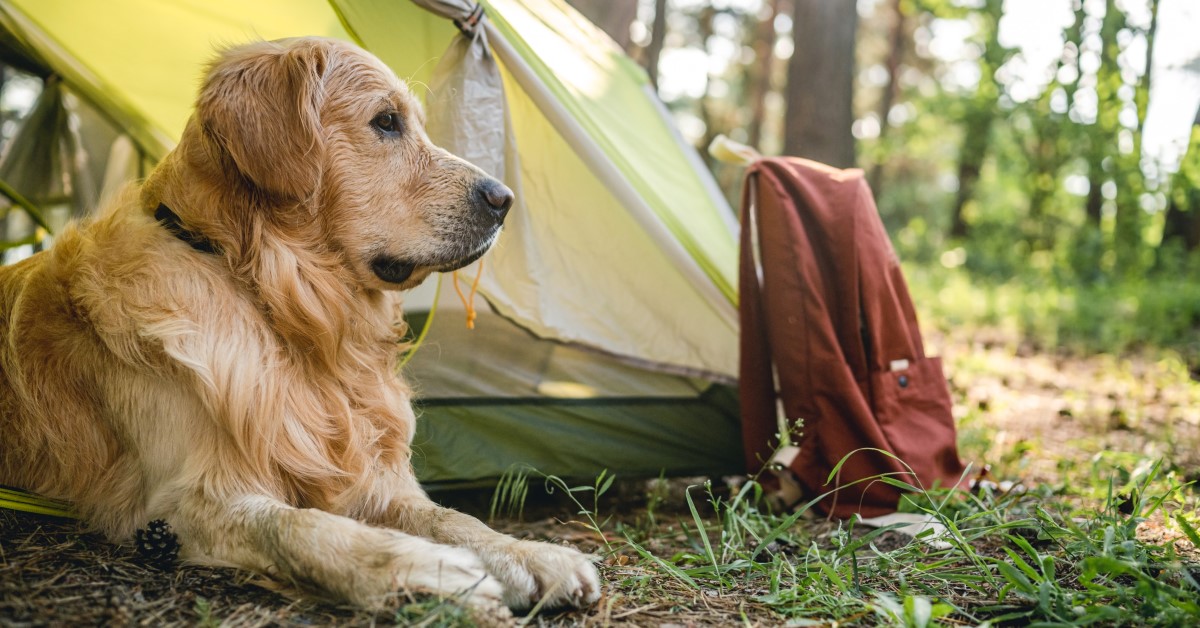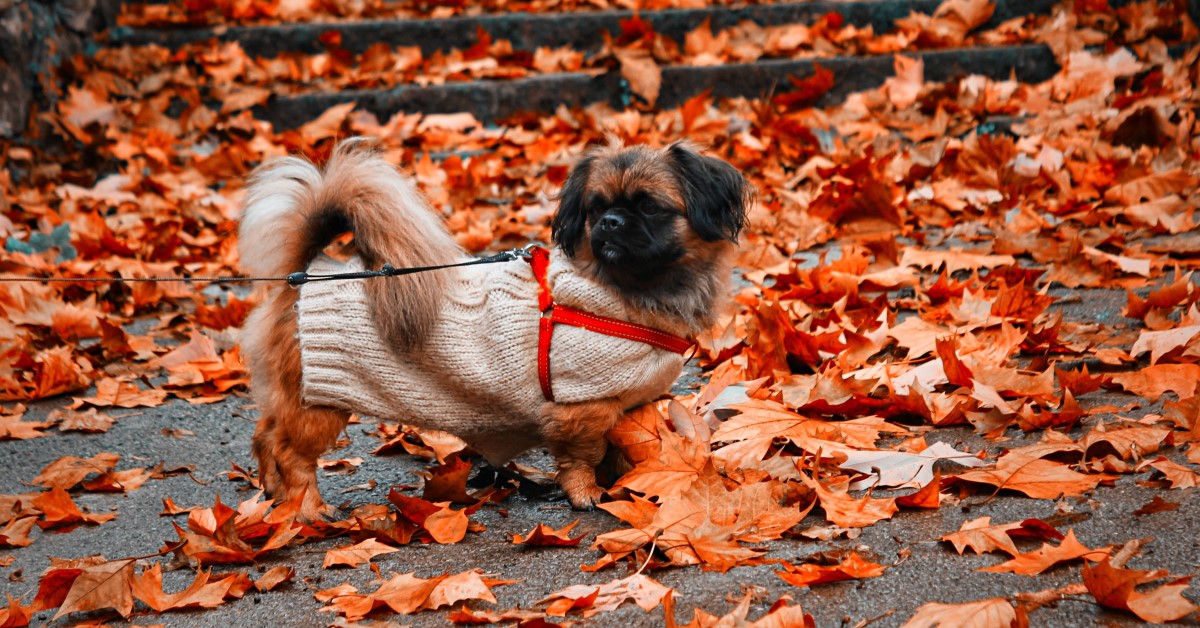Pets and Summer Safety: Challenges and Solutions
You can make your pet's summer a happier, healthier one with these important tips.

Dogs and cats love to have fun -- and summer offers the perfect opportunity! But before you start mapping out all the enjoyable activities you and your pet can share this summer, you need to learn about the very real health threats that can endanger animals at this time of year. Let's examine some of these threats, how to recognize when your pet is in trouble, and how to make your pet's summer as safe and happy as possible.
Help Your Pet Beat the Summer Heat
Summer weather typically features not only lots of sun but also lots of heat -- a serious potential danger to any pet that spends significant time outdoors. Even when the heat doesn't feel so extreme to you, your pet could be facing serious or lethal consequences. Dogs and cats lack the ability to perspire like humans, leaving them vulnerable to elevated body temperature in hot weather. When a pet's core temperature remains too high for too long, the animal can suffer a serious condition known as heat stroke.
You need to recognize the symptoms of heat stroke so you can rush your afflicted pet to the veterinarian immediately. These symptoms include panting, weakness, fainting, drooling, seizures, and mental confusion. Fortunately, prompt professional treatment using fluids, electrolytes, active cooling, and other techniques can often save a heat-stricken pet's life.
You can minimize your pet's risk of heat stroke this summer. Build a doghouse or set up a tent that your pet can take shelter in on hot days. Keep its water bowl filled with cool water, checking the level regularly. Consider walking your dog at sunrise or sunset instead of during the heat of the day (especially if you own a short-nosed breed, since these breeds have even more trouble regulating their body temperatures than other dogs). Last but not least, never leave your pet in the car on a warm or hot day, even with the windows cracked.
Heat stroke isn't the only heat-related concern to watch out for. Keep in mind that your dog's paw pads can burn when exposed to hot pavement or similar surfaces on a summer day. This makes another good reason to walk your dog when the sun hangs lower in the sky. Walking your dog on grass instead of pavement can also reduce the risk of paw pad damage.
Make Sure Your Pet Swims Safely
Cats need no encouragement to steer clear of water, but many dogs genuinely look forward to a refreshing swim. Of course, some dogs are better suited for swimming than others. No matter how skilled a swimmer your dog appears to be, play it safe by fitting your pal with a life jacket, preferably one with handles that can help you pull a struggling pet out of the water.
You'll want to stay mindful of water hazards as well. Watch out for signs of toxic contaminants such as algal blooms, which can have serious neurological effects on your pet. Keep your pet away from jellyfish, stray fishing hooks, and strong currents. Try to prevent your pet from drinking the water and ingesting potential germs; instead, provide a ready supply of clean bottled water.
Watch Out for Dangerous Wildlife
Summertime hikes can introduce you and your pet to all kinds of wildlife, for better and for worse. For instance, if you plan on exploring wooded trails, your pet can easily run afoul of fleas, ticks, and other unhealthy pests. Put your pet on a regimen of pest-preventative medication before you take that hike or camping trip.
Some parts of the great outdoors may host wild mammals such as skunks, raccoons, coyotes, and foxes -- all potential carriers of rabies. Rabies is a virus that attacks' and animal's nervous system, inevitably leading to death. Ask your veterinarian to administer rabies vaccines to your pet at the earliest possible age. To prevent bites or scratches from wildlife attacks, leash your pet and keep your distance from unfamiliar animals.
Pets can encounter snakes on their summer wilderness excursions. While non-venomous snakes pose little danger, the venomous ones can inflict life-threatening bites. If your pet displays swelling, vomiting, diarrhea, pupil dilation, bruising, bleeding, trembling, or breathing issues as the result of a snakebite, rush it to an emergency veterinarian for immediate treatment.
Deal With Fireworks-Related Panic
Even when your pet is safe at home during a summer holiday, loud, unpredictable sounds such as fireworks can prove emotionally traumatizing. You can reduce the fear by creating a safe space in a well-insulated part of your home, filling it with comforting toys and blankets. Don't display any reaction to the fireworks that your pet might interpret as bad news.
A pet panicked by summer fireworks may bolt through an open door, potentially getting lost or injured. Get your pet microchipped just in case this happens. The data on the microchip can help animal workers track you down as the lost pet's owner.
Keep Your Veterinarian's Contact Information Handy
One last summertime safety tip: Keep your veterinarians's information handy at all times, both at home and on the go. It's one more smart way to ensure a safer summer for your pet!
Ready to start saving money on pet wellness care?
Then take a look at Mint Wellness, the pet wellness plan that provides fast reimbursement on routine pet care. Save on vaccinations, wellness exams, preventatives, dental, and more!
Learn More


